Talk Overview
To successfully fight off microbial infections, our immune systems must recognize a broad and diverse array of peptides. Occasionally, this results in the recognition of self-peptides and the development of autoimmune disease. For example, if a T cell recognizes insulin, type-1 diabetes may result. In her first talk, Dr. Mathis explains how the body has developed multiple mechanisms of immunological tolerance to prevent self-recognition. She focuses in greater detail on two particular types of T cell tolerance: clonal deletion and suppression.
Patients with Autoimmune Polyglandular Syndrome Type-1, a disease that manifests as autoimmune attacks on many organs, are known to have a mutation in the transcription factor Aire. Aire is expressed in a small subset of cells in the thymus, so how does it cause autoimmune disease in so many tissues? In Part 2, Dr. Mathis describes experiments from her lab showing that Aire regulates the transcription of many self-antigens in the thymus. Expression of these self-antigens is required for the development of T cell tolerance; if Aire is mutated, autoimmunity results.
Speaker Bio
Diane Mathis

Diane Mathis is a Professor in the Division of Immunology and the Department of Microbiology and Immunobiology at Harvard Medical School. She is also a principal member of the Harvard Stem Cell Institute and an associate member of the Broad Institute. Mathis’ lab studies the genetic, cellular and molecular mechanisms that determine immunological tolerance, and… Continue Reading
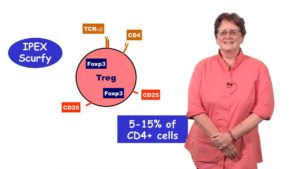
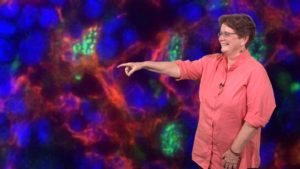
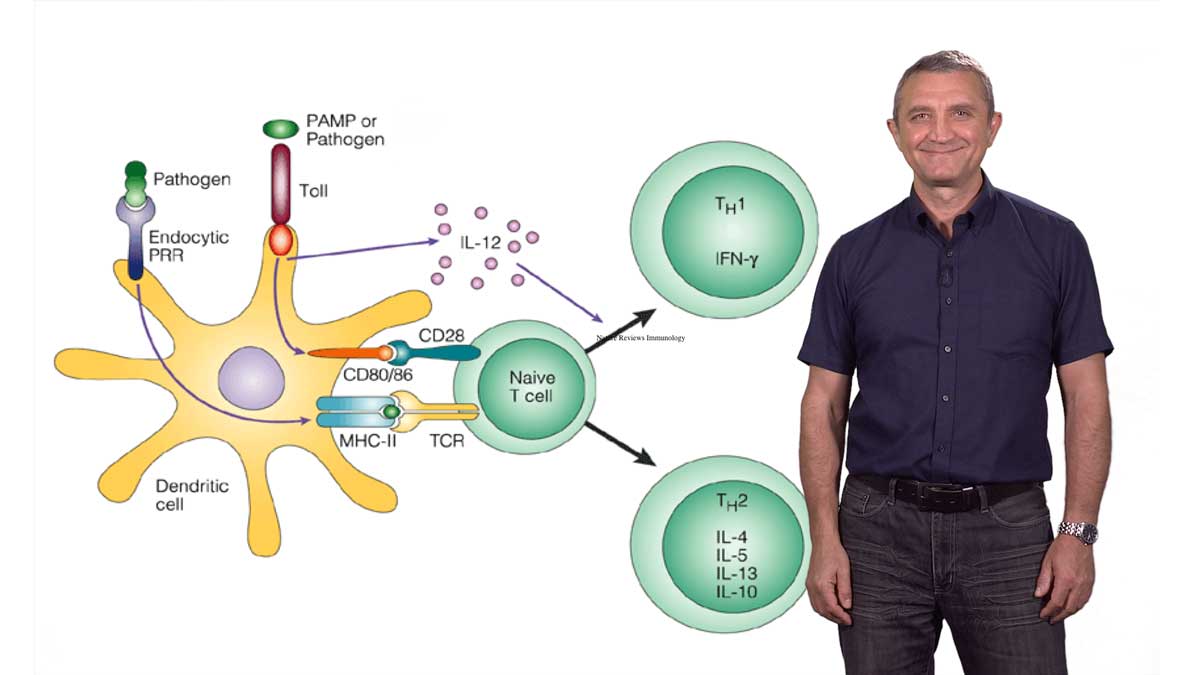
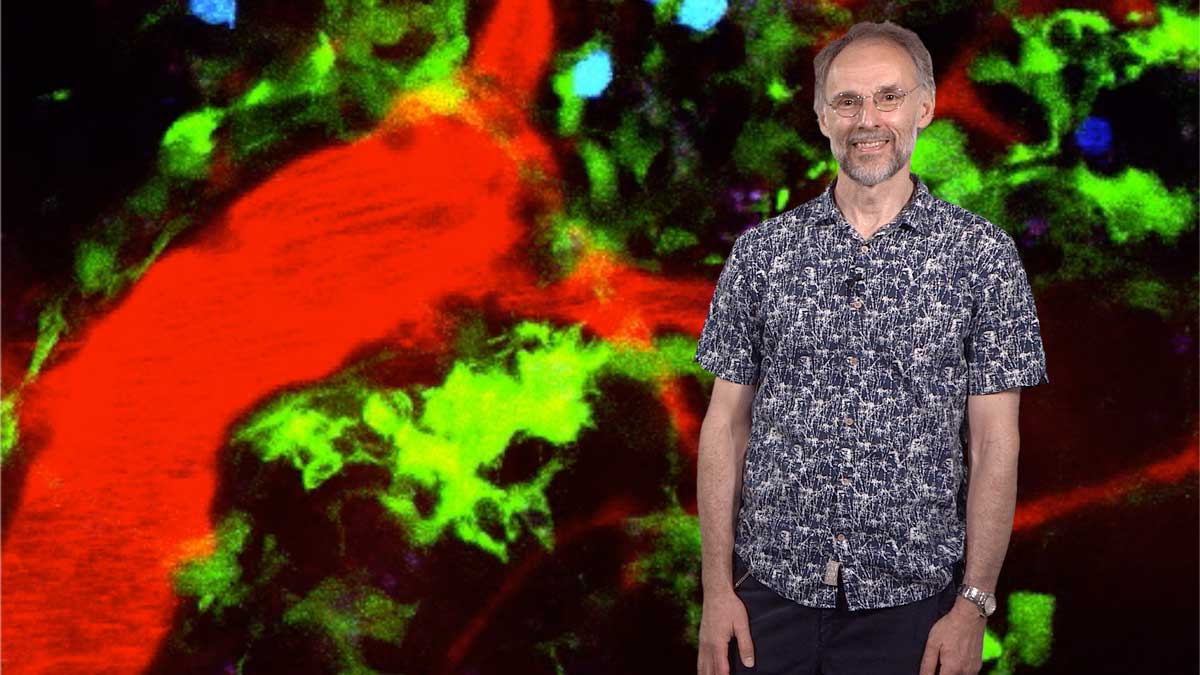
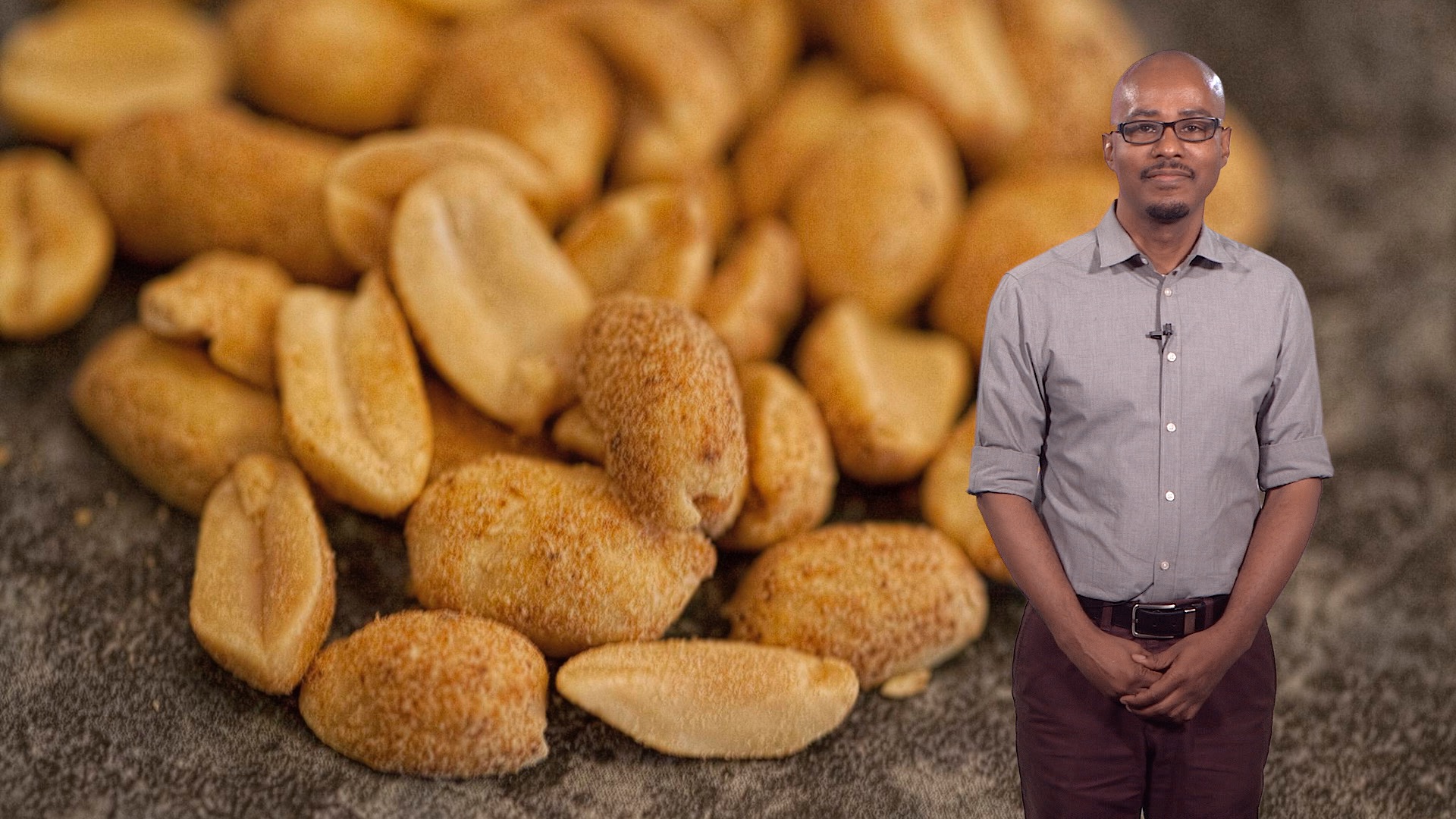
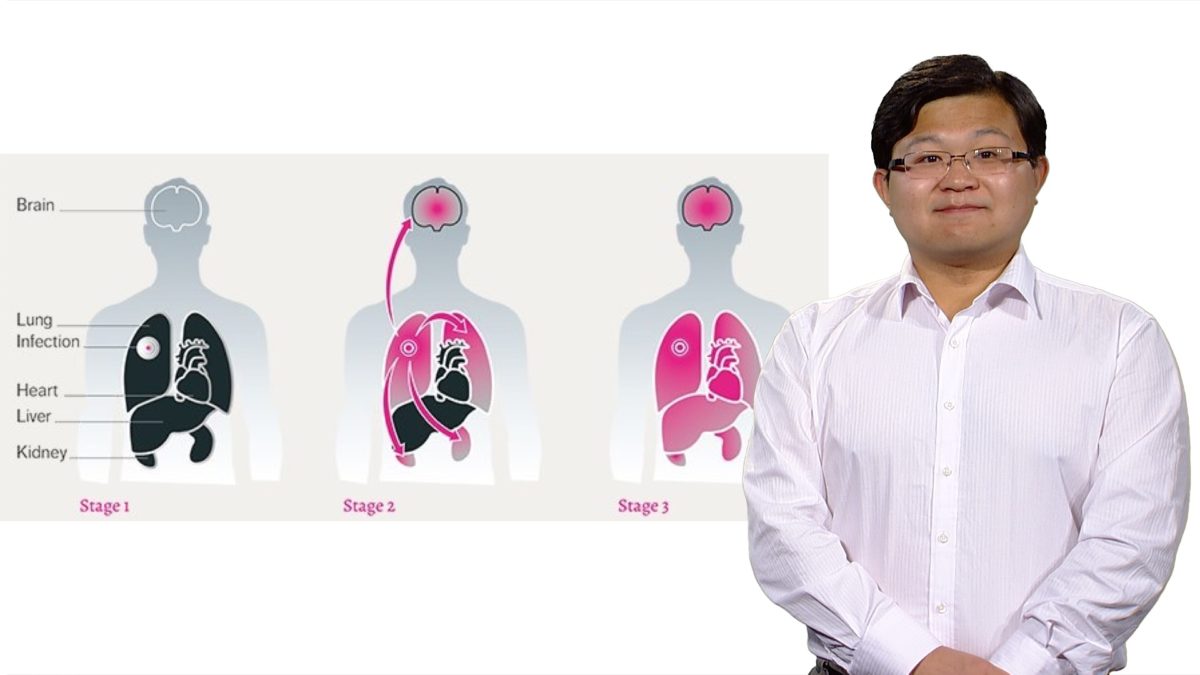




Leave a Reply